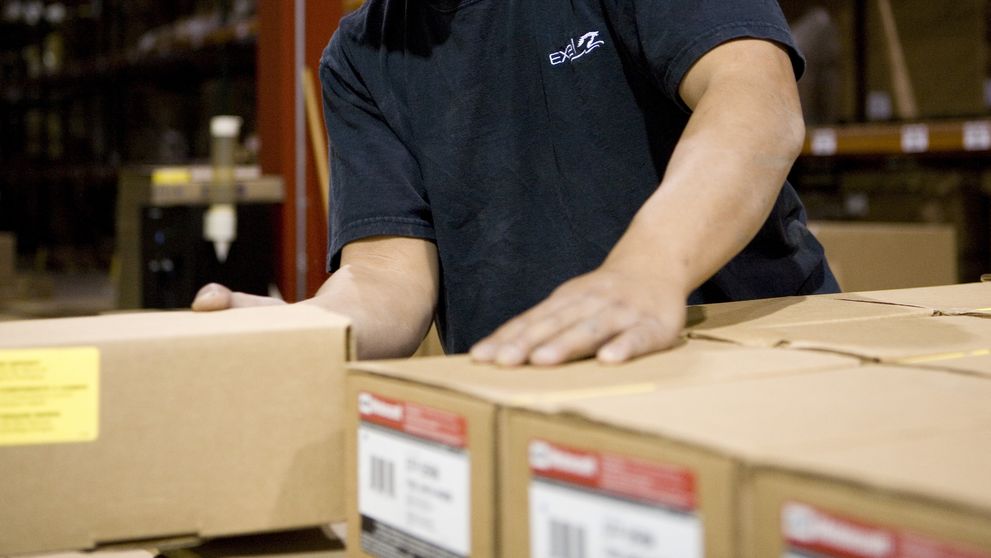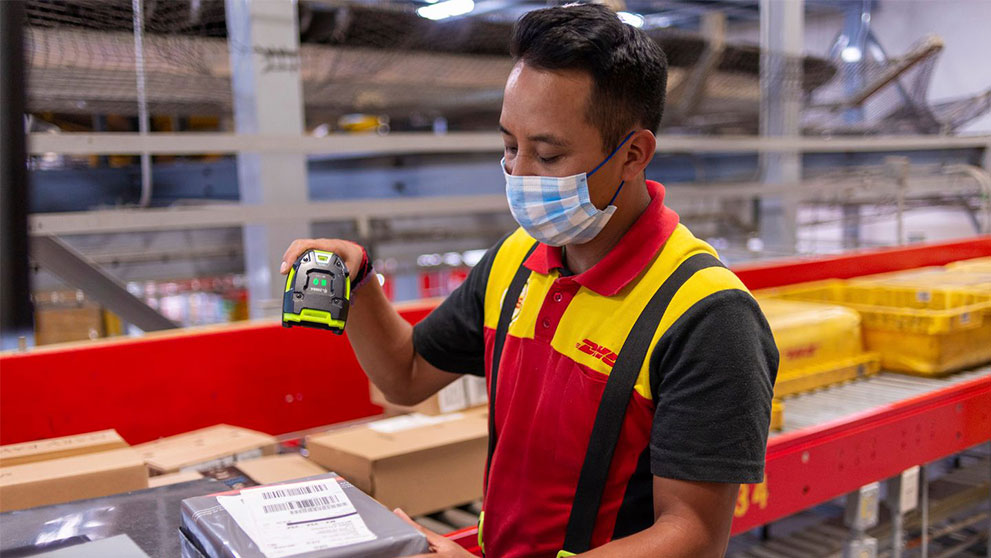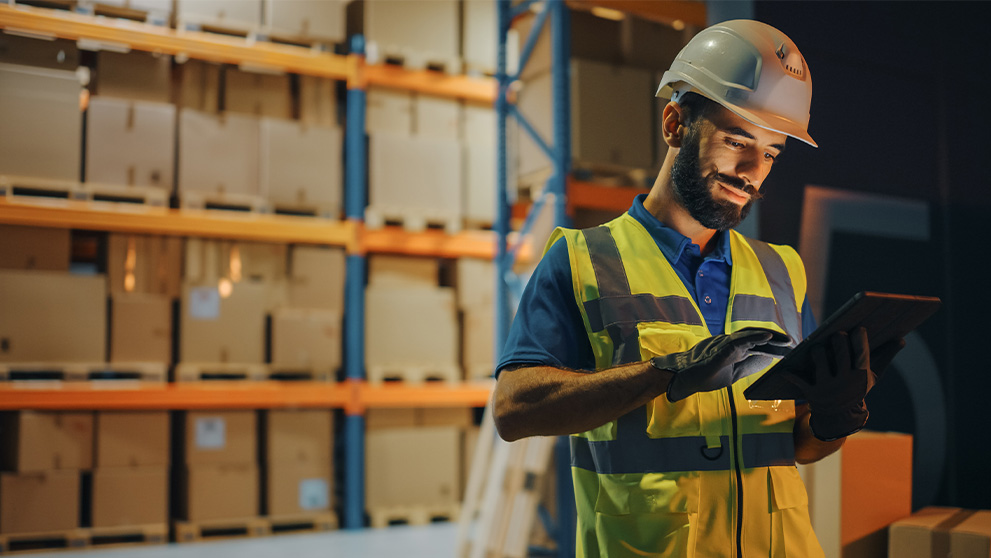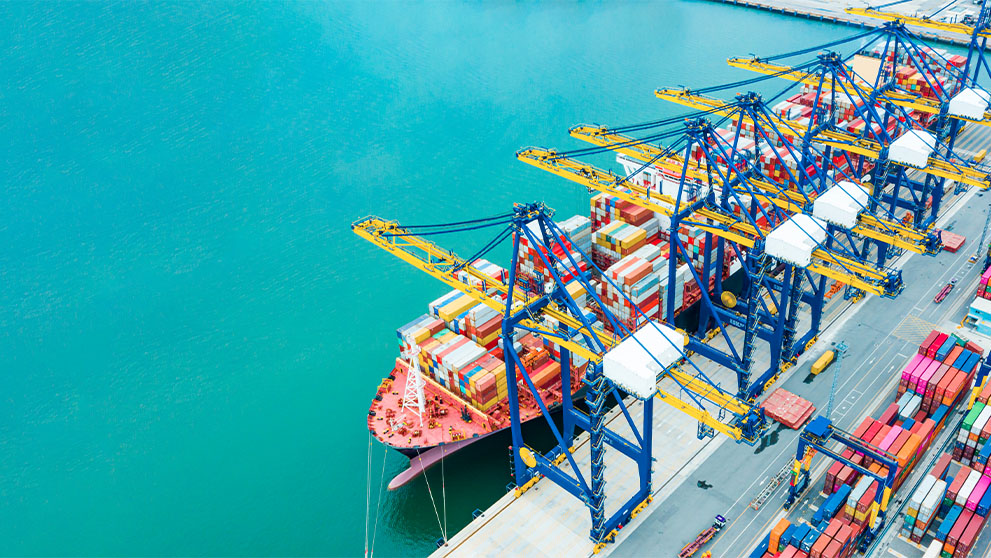Indonesia, positioned strategically along one of the world’s busiest trade routes, has leveraged its extensive natural resources to fuel significant economic growth. By the end of 2022, the Indonesian economy experienced a robust expansion of 5.3%, largely attributed to the increased volume of trade, according to the International Trade Administration. This growth reflects Indonesia’s role as a pivotal player in global trade, benefiting from its rich reserves of natural resources like palm oil and coal, which are critical to various international markets, as per the OEC.
Trade is a significant pillar in Indonesia's economic strategy, with the country acting as a major exporter and importer within the global market. The influx of goods and the export of key resources have been instrumental in propelling the nation's economic development. As more businesses in Indonesia engage in global trade, it’s important to be aware of the international regulations that come with shipping goods. One such essential regulation to adopt when engaging in global trade is the Harmonized System (HS) code. This standardized system is crucial for ensuring smooth, compliant import and export operations.
What is an HS code?
Harmonized System (HS) codes are widely used in the import and export process to classify goods. This standardized coding system provides a universal method for categorizing traded products, enabling countries to have a uniform way of identifying commodities and providing their descriptions. Furthermore, HS codes are essential for purposes such as determining customs duties and collecting international trade data.
According to the International Trade Administration, the World Customs Organization (WCO) monitors and updates HS codes every five years. They assign specific six-digit codes for various classifications and commodities. This structure is further broken down into three key segments:
- Chapter: The first two digits represent the chapter, broadly defining the product category.
- Heading: The next two digits signify the heading, offering a more specific classification within the chapter.
- Subheading: The final two digits indicate the subheading, providing the most precise product description.
What are HS codes used for?
HS codes are used for several crucial aspects of international trade:
- Tariff and duty calculation: During the customs clearance process, authorities rely on HS codes in the classification of applicable tariffs and duties for imported and exported goods. Accurate HS classification number is essential for calculating accurate landed costs, impacting pricing and sales strategies.
- Trade data compilation: HS codes facilitate the collection of detailed trade statistics, allowing policymakers and businesses to gain valuable insights into trade patterns and emerging markets. By tracking goods through these codes, they can make informed decisions that drive business growth and support economic development.
Implications of incorrect HS code usage
Inaccurate HS code assignments can lead to challenges for businesses engaged in international trade. Consequences can include:
- Customs delays: Incorrect codes can lead to delays in customs clearance, disrupting supply chains and causing financial losses.
- Penalties and fines: Customs authorities may impose penalties and fines for misclassification, further impacting profitability.
- Confiscation of goods: In severe cases, goods may be confiscated if the HS code discrepancy is significant, leading to substantial financial setbacks.
As such, precise HS code application is not only for compliance purposes; it is also essential for ensuring seamless customs clearance and avoiding logistical issues.
Navigating HS code compliance
Achieving HS code compliance demands a proactive and comprehensive approach. Indonesian businesses can implement the following strategies:
- Education and training: Provide staff with thorough training on HS code classification and its implications. Ensure that they understand why it's important to provide precise HS codes and how much of an impact errors can make to your operations.
- Verification processes: Establish robust verification processes to double-check HS code assignments before shipping. Implement quality control measures to minimize errors.
- Technology integration: Leverage technology solutions that automate HS code classification and verification. Consider tools that can generate and maintain a comprehensive inventory list of HS codes applicable to your specific trade goods, making it easy to search and reference within your database. By automating this process, you can significantly enhance accuracy, streamline customs clearance, and reduce the risk of costly human errors.
- Stay updated: International trade regulations and HS codes are subject to change. Stay up-to-date on regulation changes and ensure your classification processes are aligned with the latest guidelines.
- Partner with logistics experts: Collaborate with experienced logistics professionals who have expertise in customs regulations and HS code classification so that they can provide valuable guidance and ensure compliance.
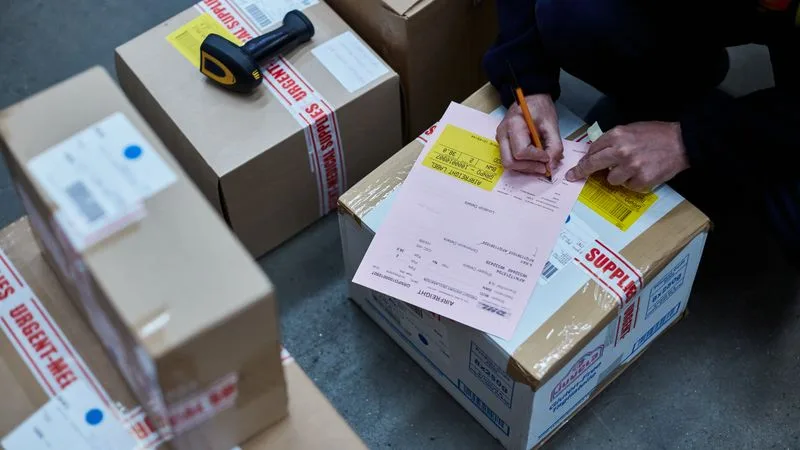
Work with a trusted international courier like DHL Express
Overall, ensuring you provide accurate HS codes to your trade goods ensures compliance, streamlines customs clearance, and mitigates the risk of delays and penalties. As Indonesian businesses navigate the complexities of global trade, partnering with leading logistics and international shipping experts like DHL Express can prove invaluable.
DHL Express offers a comprehensive suite of shipping services and expertise in international trade regulations. Our professionals can assist with HS code classification, ensuring accuracy and facilitating seamless customs clearance. We also provide tailored shipping solutions to ensure that your items reach their destination securely and on time.
By leveraging DHL Express's knowledge and resources, Indonesian businesses can confidently engage in international trade, knowing that their shipments are compliant and their operations are optimized for success.
Open a business account today to discover how our expertise and international shipping services can help your business thrive in the global marketplace.
For more information on overseas shipping requirements, check out our guide on air waybills and essential documents for shipping.
